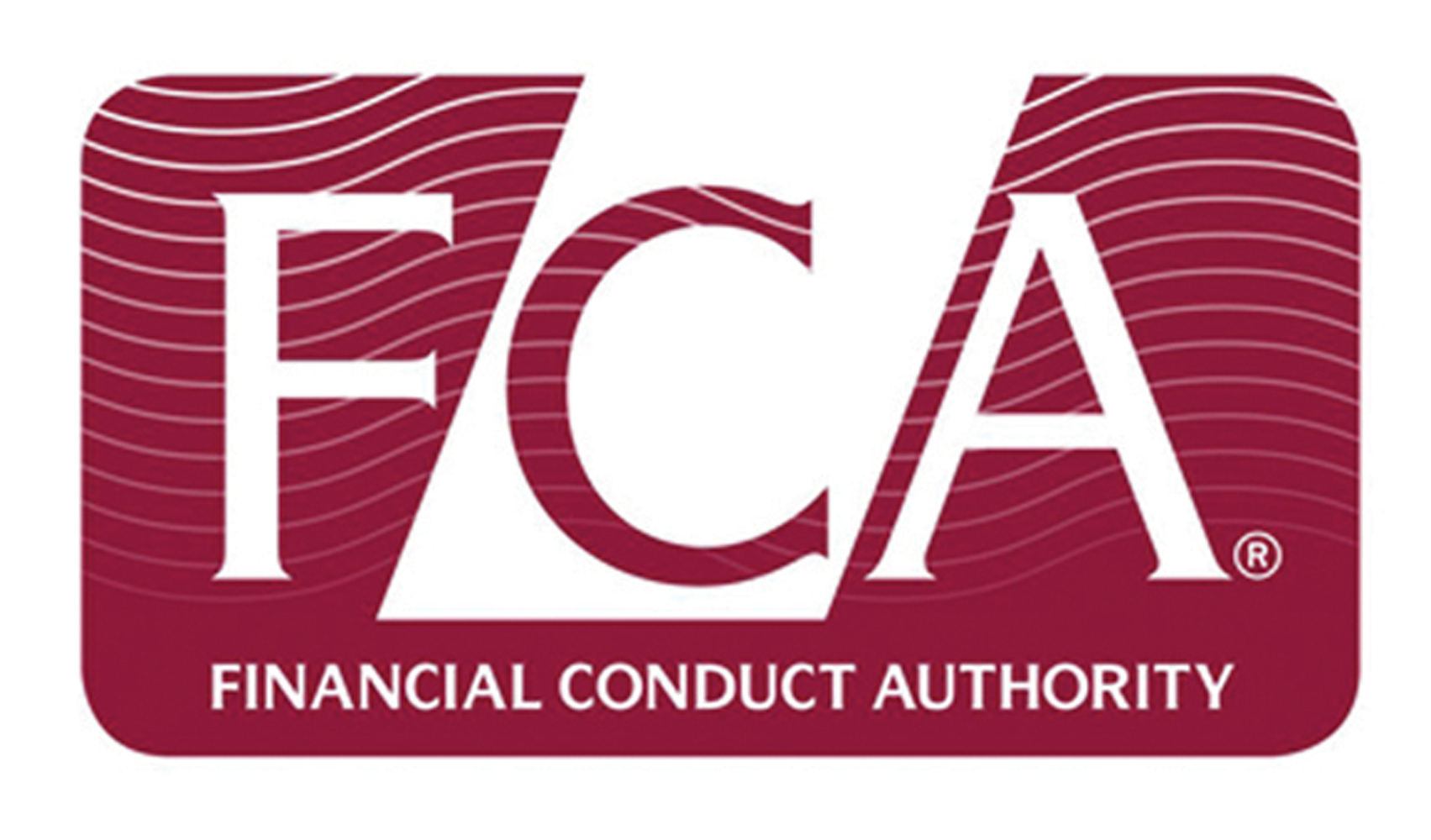Investing
FCA warns over corporate bond fund risks

The Financial Conduct Authority (FCA) has issued a fresh warning to consumers about the risks of investing in corporate bond funds.
Corporate bonds have been among the better performers in markets this year, with the average fund in the IMA Sterling Corporate Bond sector returning 5.5% over a year to 24 July.
However, the asset class has come under scrutiny over the past couple of years amid concerns about liquidity, and more recently over the risks of investing in contingent covertibles (CoCo) and Tier 1 bank debt.
In a notice published by the FCA today, the regulator highlighted the ongoing liquidity risks facing the sector.
“[Corporate bond] funds are not risk free and the risk factors associated with them should be taken into account when deciding if they represent an appropriate investment opportunity,” it said.
The FCA has identified three key risks associated with corporate bond funds, listed below.
Liquidity
“If you need to access your money quickly it is possible that, in difficult market conditions, it could be hard to sell holdings in corporate bond funds,” the FCA said.
“This is because there is low trading activity in the markets for many of the bonds held by these funds – and the market for underlying bonds has shrunk in recent years.”
However, the regulator stressed these risks would only arise in ‘very extreme market’ conditions.
Interest rates
Although the Bank of England is still holding interest rates at ultra-low levels, expectations of a rate hike before the second half of 2015 are growing, and the FCA said this would have an impact on bond funds.
“Interest rate movements have an impact on corporate bond and fund unit prices,” the FCA said. “As interest rates rise, bond prices fall. This is the key difference to deposit accounts, where the capital value is constant.”
Company defaults
Although corporate bond funds mainly invest in bonds where the risk of default is low, the FCA also reminded investors company defaults can impact the level of returns generated by a bond fund.
“An unexpected default reduces income and the capital value of a bond holding,” the statement said. “Market expectations about economic conditions and the likely number of corporate defaults drive bond and fund prices.”